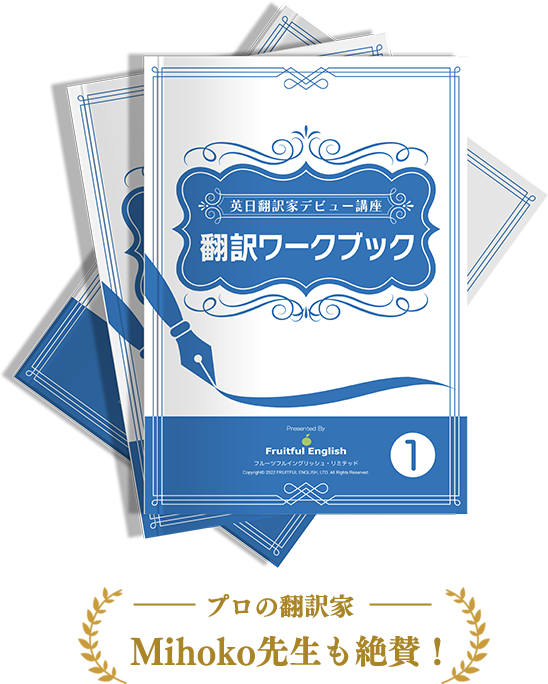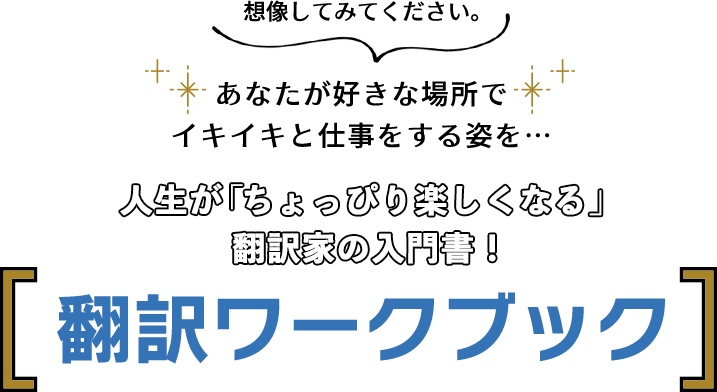Finding a translation job
Translation is a fascinating industry because it’s so difficult to see. It’s almost invisible. It’s not like other industries where everything is laid out in a very clear way. Technically speaking, translation is just another part of a long process, where you have texts being written, edited and published for various reasons and purposes. But rather than writing, editing or publishing, in translation you’re making another copy of the same text.
A lot of people who are interested in translation have trouble taking the first step. There’s not much information available about getting started in translation, so it can be perceived as quite a difficult industry to get into.
That’s why today I’d like to talk about my particular work, and how I receive translation jobs. I work as a freelancer, so I work as a contractor on a casual basis for clients.
When I first started out as a translator, I had minimal experience, so I applied at a few translation agencies. When you apply at a translation agency, you first need to undertake a trial test and be accepted. I registered as multiple agencies, and started accepting work that the agencies would offer me. This is a great way to get started as a translator because it requires minimal effort on your side.
There are many translation agencies all over the world, and most can be found easily via a simple Google search. Each agency is different ? some are very focused on one area, whereas others work in all fields. Some are big and deal with a lot of government work or have clients that are major corporations, while others are tiny family-run or individual-run agencies.
I also started out by offering translation services for free or at very low rates, purely for the goal of getting experience. In translation, experience is everything, and an impressive CV will go a long way.

I gained experience in working through these agencies, while also gaining translation qualifications. In my country of Australia, we have a national translation qualification, which is the minimum standard required for any sort of official translation that can be accepted by official or government bodies. Having this translation qualification is necessary to work domestically (particularly for government-related work). People who have the qualification can be found easily via an official database, so many clients in Australia who require an officially recognized translator can search the database to find one.
I receive a lot of domestic work through this database, particularly for jobs in which an official translation is necessary.
In addition, I also run a small translation company with my partner, which also generates business. We have a website and a Facebook page, as well as a blog. Through these, we can promote our services and reach prospective clients through Google searches. Clients who reach us through our website also pass on our details to their friends and family, so we also get translation requests in this way.
To receive a constant stream of work in translation, you really need to have multiple avenues of access. Agencies are good, but you can’t just depend on them; you also need to promote yourself as an individual. There are also websites for translators where you can create a translator profile and access jobs through there, as well as translation job directories. There are even outsourcing websites for freelancers, where everyday people can post translation jobs, and translators can apply for them. The rates for these jobs aren’t very high, so anyone can take them on. These could be good avenues for gaining translation experience.
However, I don’t have much experience in these, so I can’t give much advice.
But I can say this: although sometimes you can end up bidding against other people for jobs, I recommend not lowering your rates if possible. It becomes a domino effect where you end up working for almost nothing; to maintain quality in your work and quality in the profession, you need to be wary of bidding and undervaluing your work.
Good luck!



